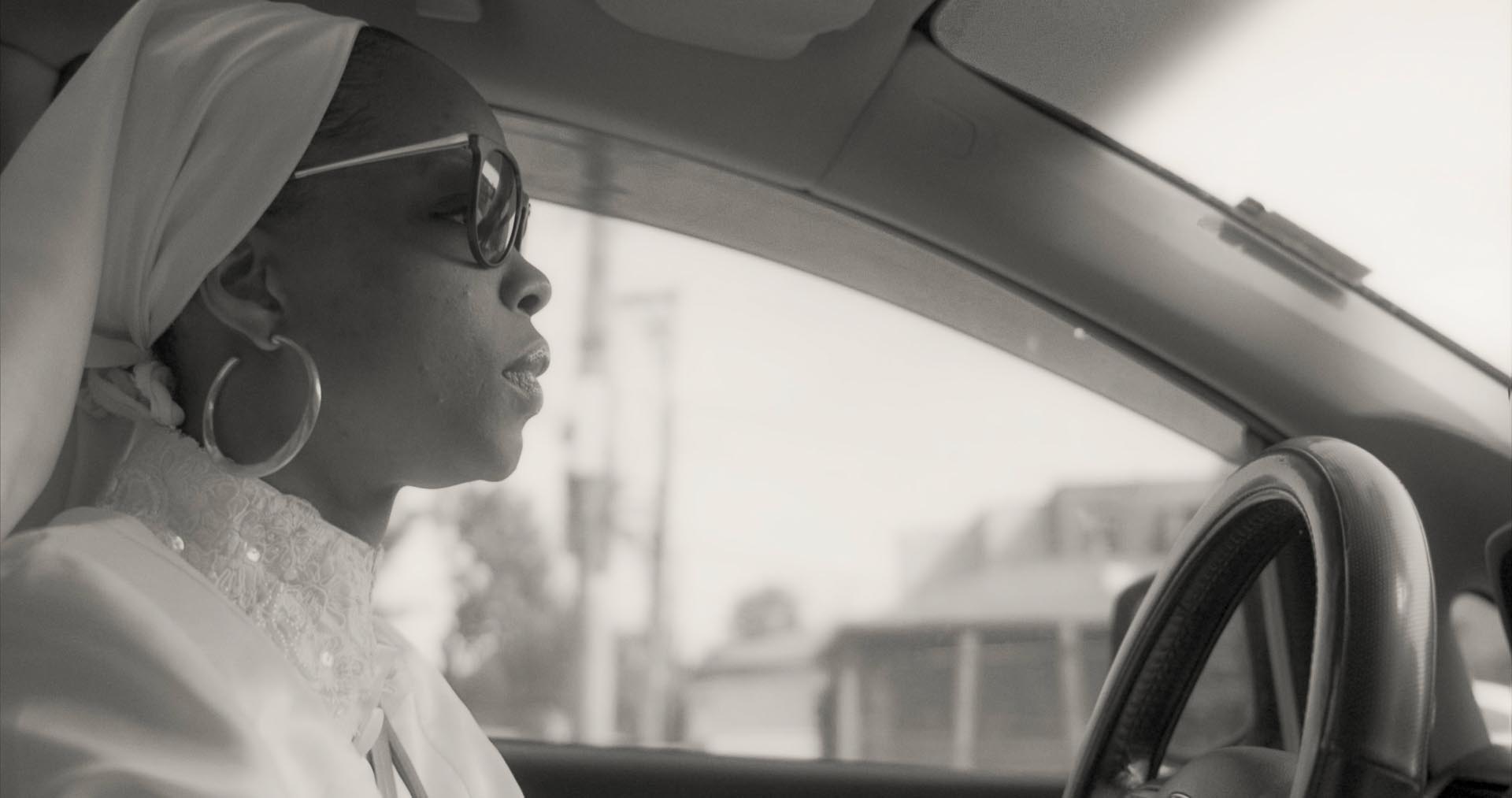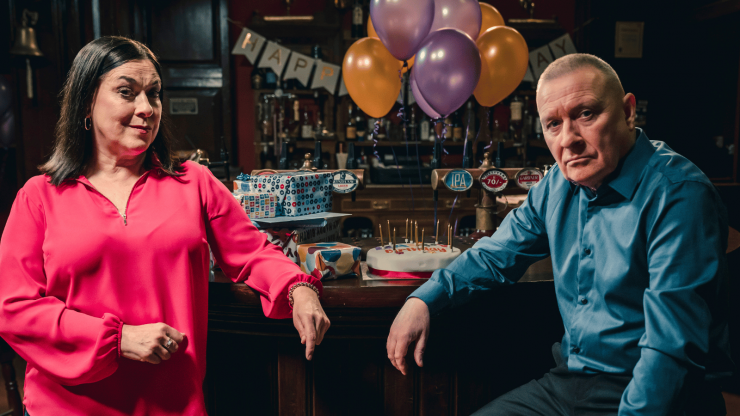The BBC has scrapped this year’s planned Storyville documentary pitch contest at Sheffield Doc/Fest days before it was due to close for entries.
While it has pledged to follow up directly on submissions it has received and to give feedback, the BBC has not stated why the pitching session planned for 15 June will no longer go ahead.
Entries for this year's DocFest Development Programme had been due to close on Friday 3 May.
In a statement, the BBC said that Storyville will still have “a significant presence” at this year’s festival and promised “further opportunities for new pitches in the future”.
The programme had invited directors who had made at least one documentary for TV or theatrical release to submit ideas for the international documentary strand.
A prize pot of £3,000 was up for grabs, to be decided after a panel of BBC commissioners heard pitches from selected finalists. Winners would also have had commissioner support and introductions to potential production company partners.



Last year, the strand’s commissioning editors Emma Hindley and Lucie Kon and BBC editor of unscripted Syeda Irtzaali heard pitches from the directors of five films.
They jointly awarded the prize to Mia Harvey’s With Woman (pictured) - which also won the 2023 Grierson Award for student film - and Polish filmmaker's Lukasz Konopa’s Kashprivosky.
That session also heard from Ruth Carslaw and Sara Hardy (When the Revolution Came to Town), James Kilpatrick and Jack Morris (Prisoners’ Gambit) and Ashley Francis Roy (Born To Be Wilder).
While Storyville has yet to be cut back as part of the BBC’s plan to cut 1,000 hours of content, BBC News international news strand Our World is being axed and BBC2 will have nine fewer hours of single docs a year.
BBC chief content officer Charlotte Moore recently told Broadcast’s Indie Summit that singles “used to be nice little things to put in the schedule and they would make an impact, but it is really hard to make that same impact in an on-demand world … We could go on making them, but they wouldn’t get watched.”
Moore said that she planned to prioritise new talent or docs that explore particularly “timely and relevant” issues.


